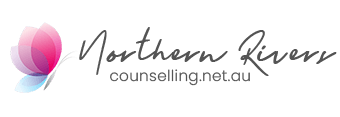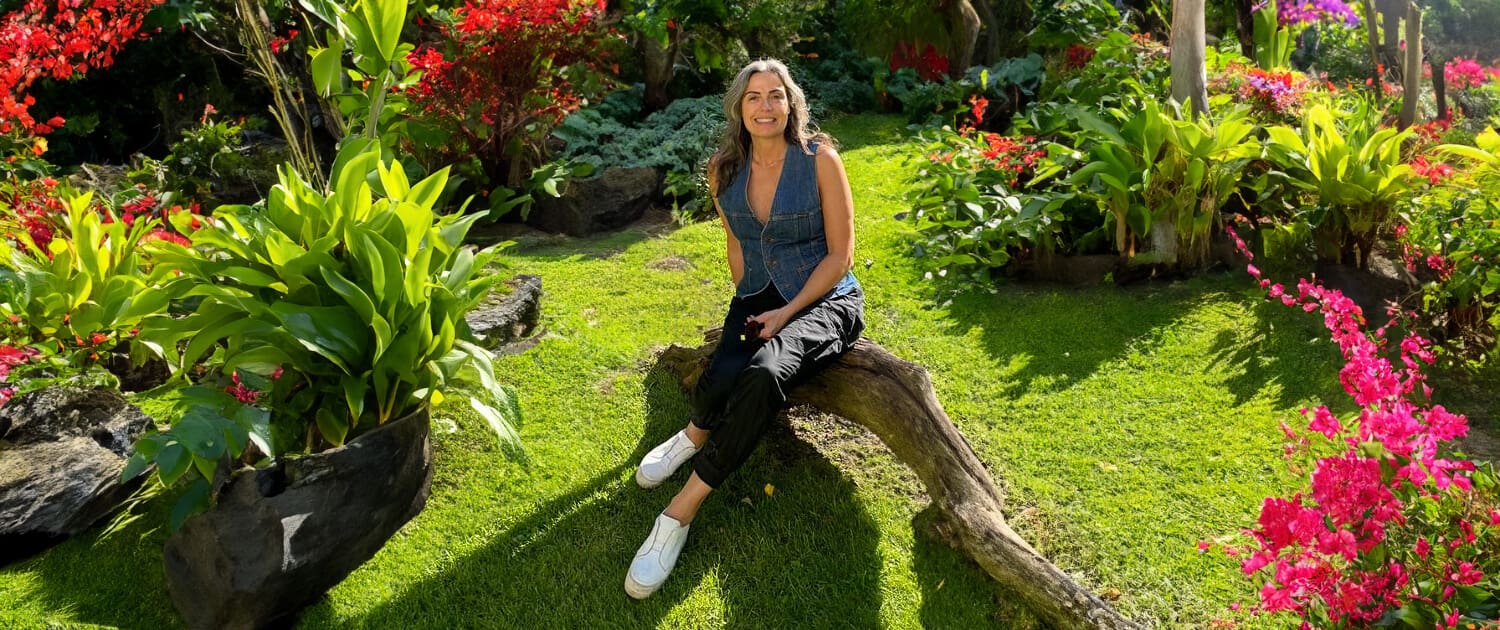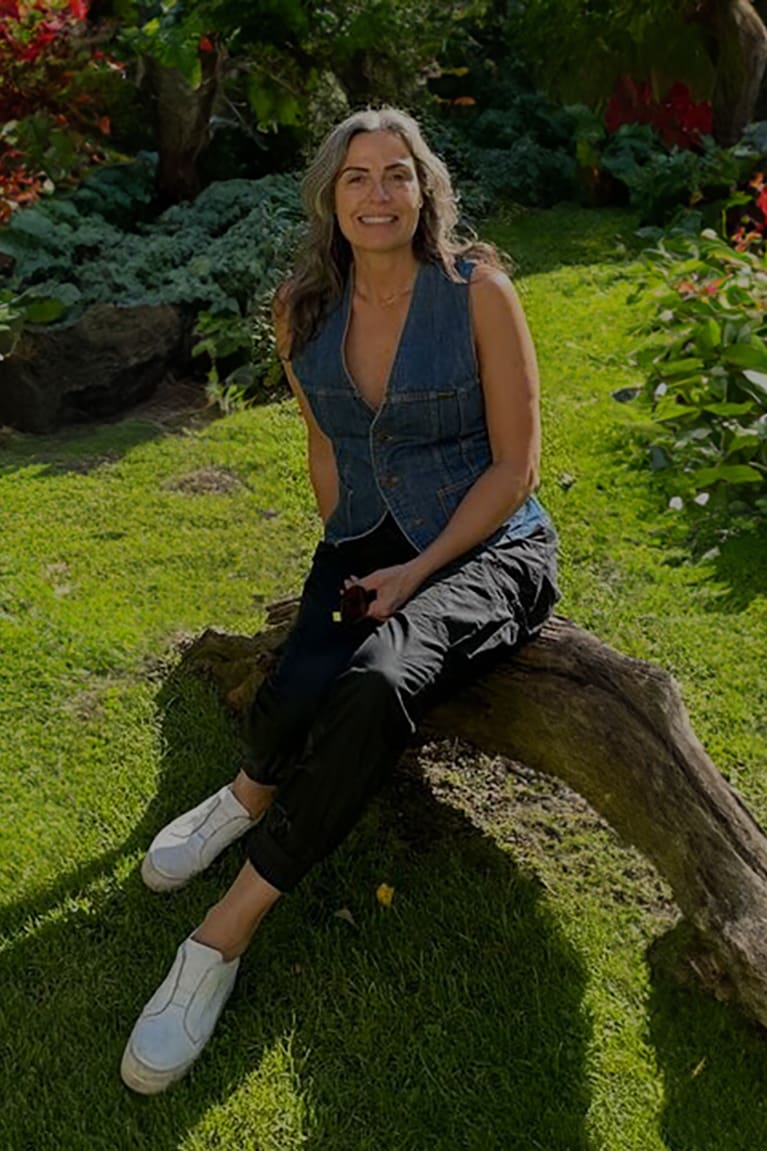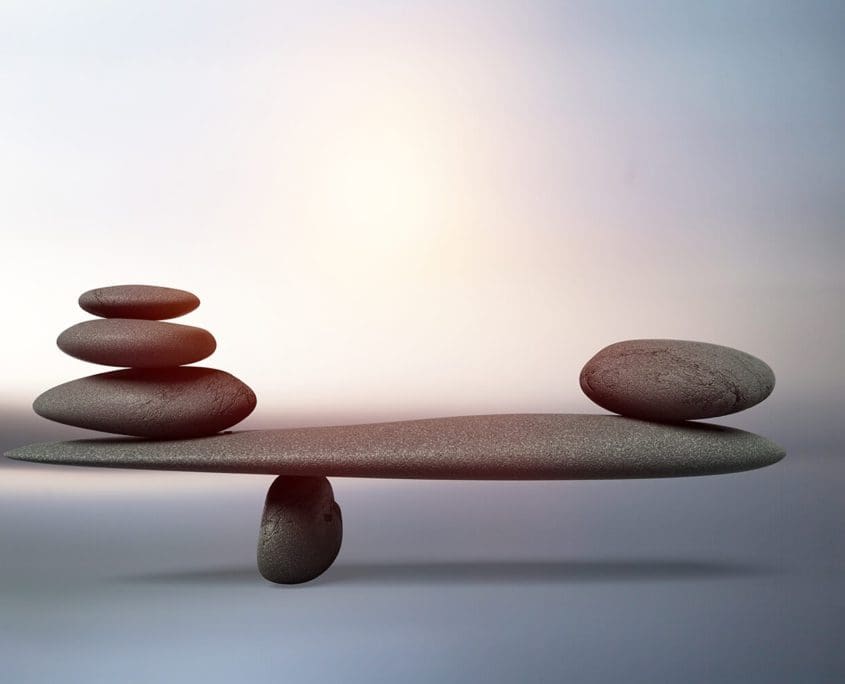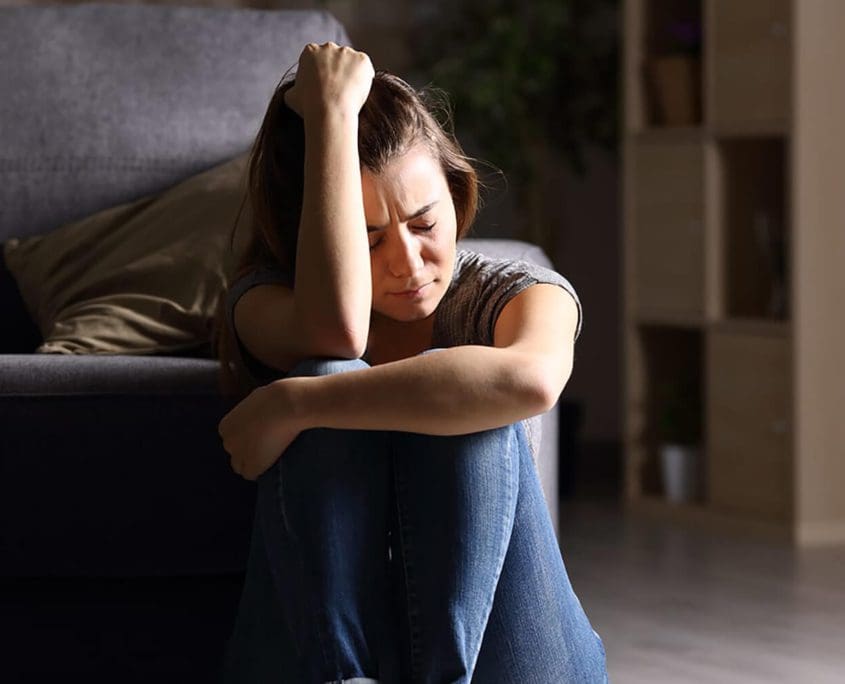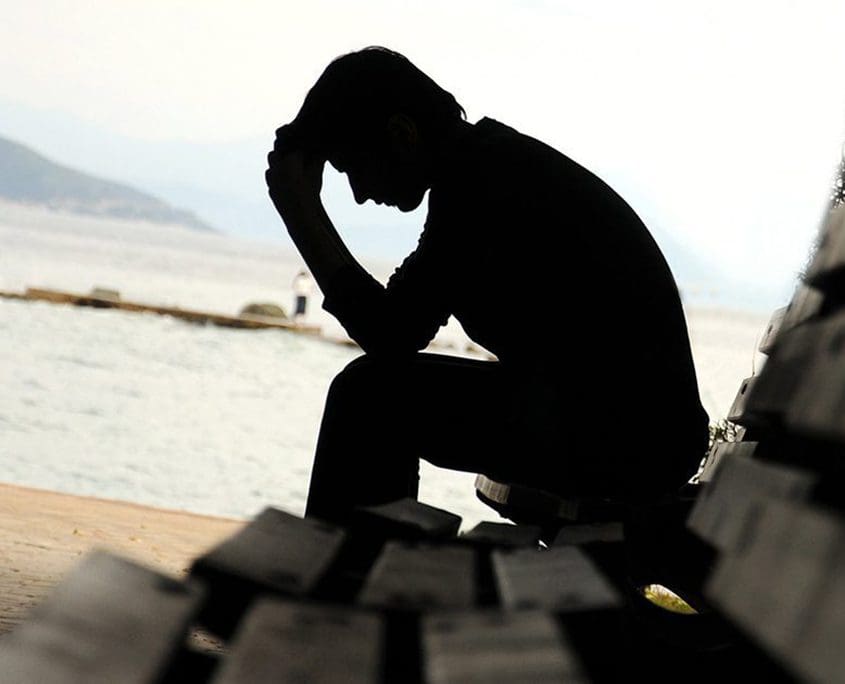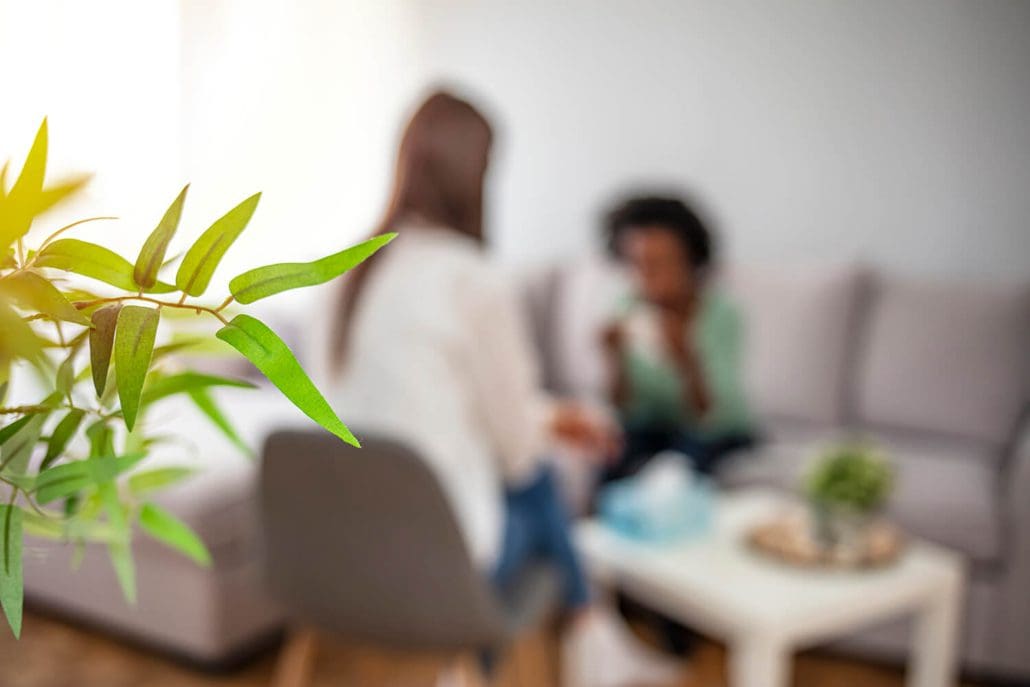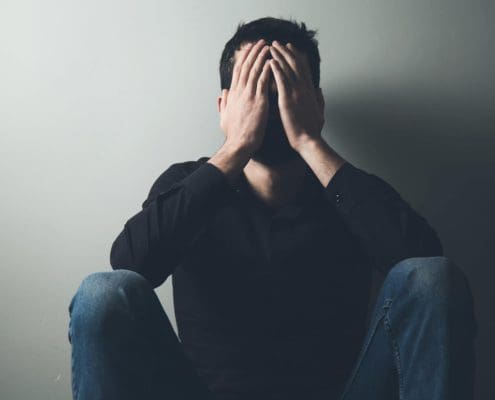Welcome to Anne Evans counselling. Now more than ever mental health struggles tend to be at the forefront of our daily lives. Most of us know someone who is struggling, and all too often we know when we are struggling too.
The awareness that you may be stuck, unhappy, anxious, or angry can be confronting, and working through life’s challenges can be a confusing and often discouraging experience. Therefore, finding a counsellor who deeply understands your experience, can hold a safe space for you to explore your inner world, and gently guide you towards change is imperative.
Anne Evans has been practicing as a counsellor, psychotherapist, and trauma specialist in Melbourne since 2014, and is now available in the Northern Rivers & Byron Shire for consults.
Anne’s work encompasses a range of concerns including anxiety, depression, PTSD, relationship challenges, low self-esteem, health concerns, chronic pain, fear, negative emotions, obsessive compulsive behaviours, excessive anger, suicidal thinking, and chronic stress to name a few.
Anne consults in-person and online; whatever is the most accessible and preferred by her clients. In your work Anne the goal she will assist you to resolve the past and create a sturdy foundation for moving forward that brings together wellness, wholeness, and security.
